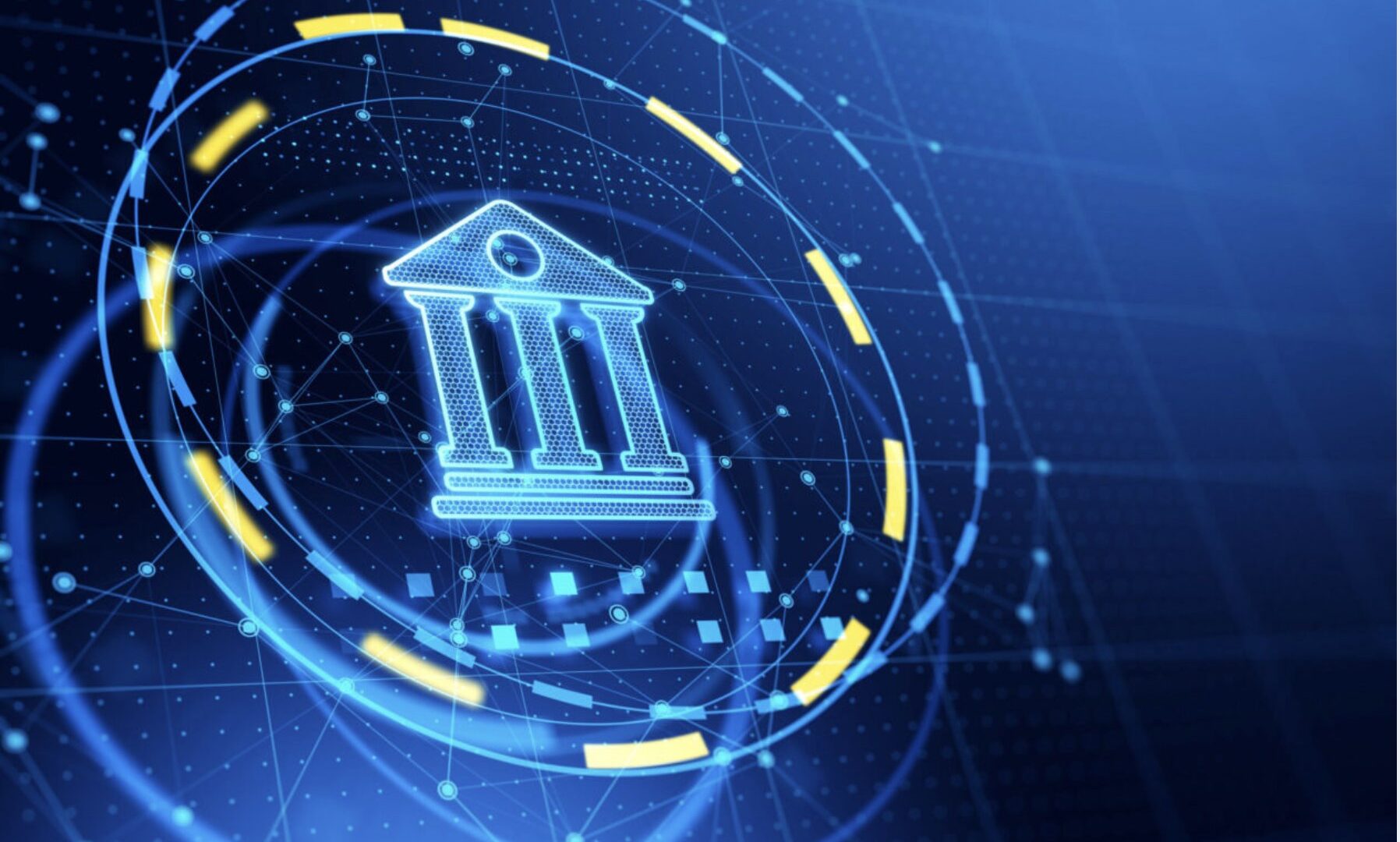The Central Bank of Brazil Announces Participants of the Second Phase of Central Bank Digital Currency (CBDC)
The Central Bank of Brazil (BCB) has announced the selection of 13 participants who will take part in the second phase of the Central Bank Digital Currency (CBDC) initiative called Drex. Out of 42 proposals received, 11 projects will be supervised by the BCB, while the remaining 2 will be overseen by the Brazilian Securities and Exchange Commission (CVM).
Key Participants and Objectives of the Second Phase
Among the significant participants in the second phase of the CBDC initiative are companies such as Visa, the Brazilian brokerage firm XP, and the digital bank Nubank. Their collaboration aims to strengthen the foreign exchange market. Additionally, Santander bank has been chosen to work on projects related to car transactions, loans, and initiatives focused on reducing carbon dioxide emissions.
Planned Actions and Schedule
The BCB has announced that it will issue another call for participation in the Drex pilot in the third quarter of 2024. The upcoming phase aims to test the implementation of smart contracts by mid-2025. Financial institutions such as Bradesco, Itaú Unibanco, and the B3 stock exchange will also engage in this phase of the project.
First Phase of the Digital Real Pilot
The first phase of the pilot began in May 2023 and involved 14 participants. Among the participants were companies like Visa, Santander, and several Brazilian banking institutions. It was mainly dedicated to testing the privacy and programmability features of the platform through a single use case – a delivery protocol in exchange for payment for federal public securities.
Planned Launch of the Digital Real
The CBDC will be made available for public use by the end of 2024 after extensive testing, including the buying and selling of federal public securities between individuals. The digital real will be based on Distributed Ledger Technology (DLT) and will be fully supported by the Central Bank of Brazil and the Brazilian Monetary Authority. Importantly, the CBDC will hold the same value as the traditional real, representing an extension of the conventional currency.





